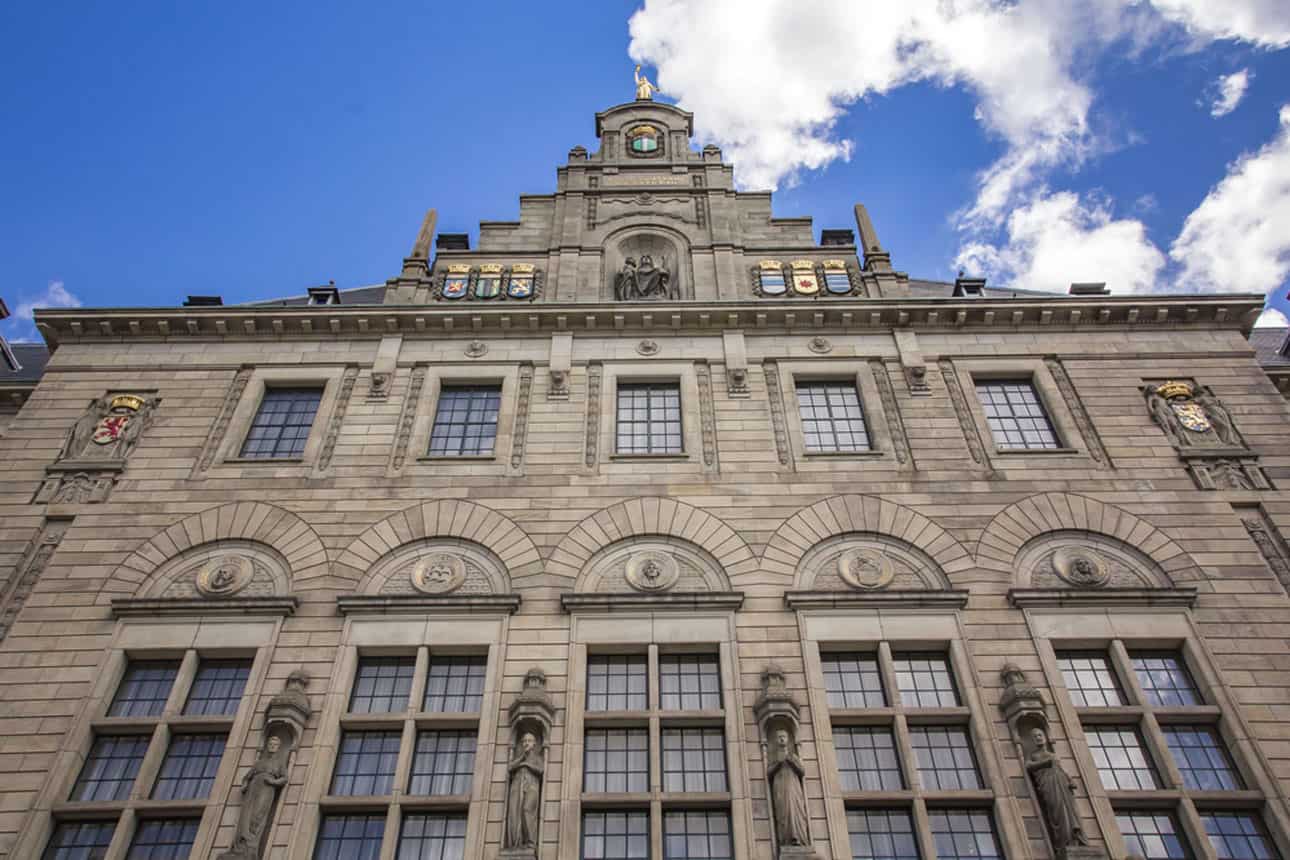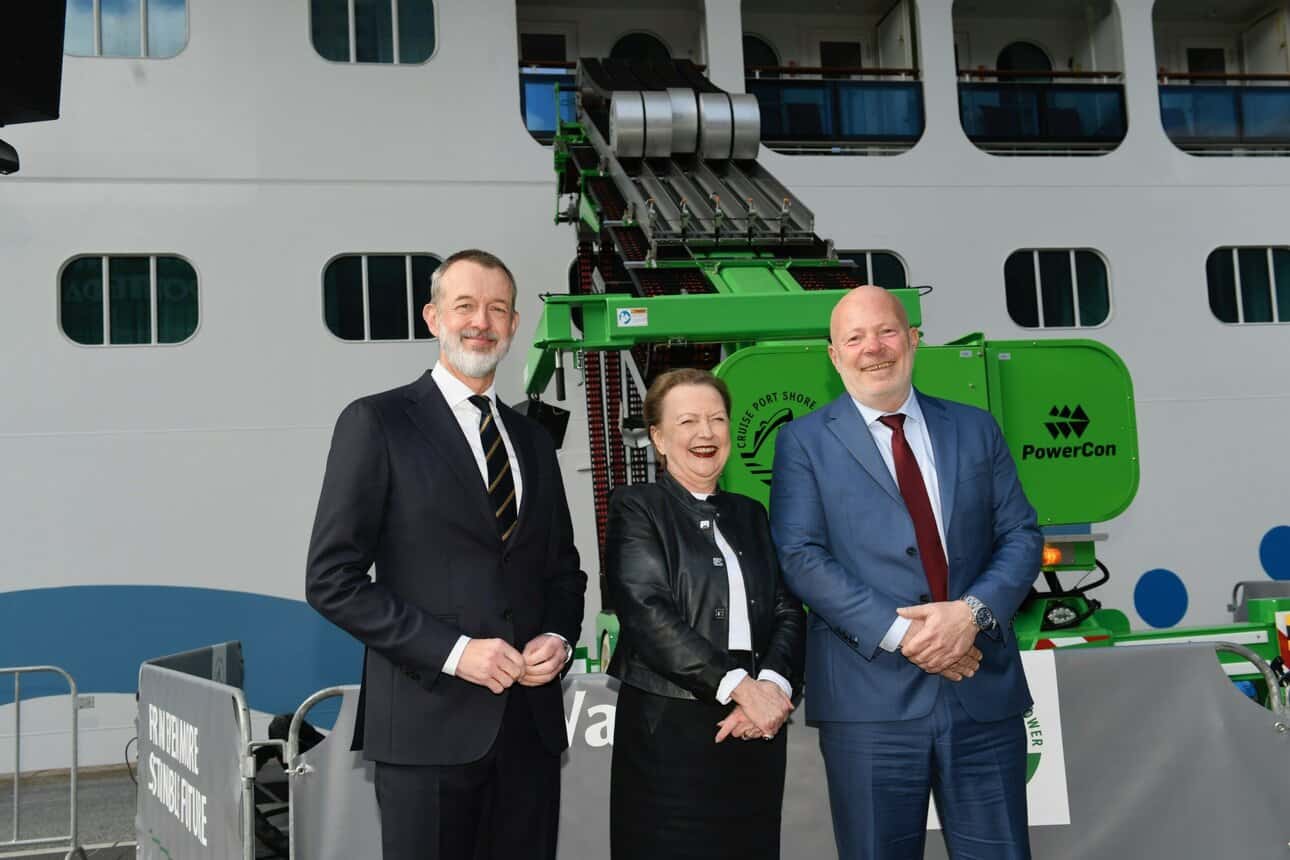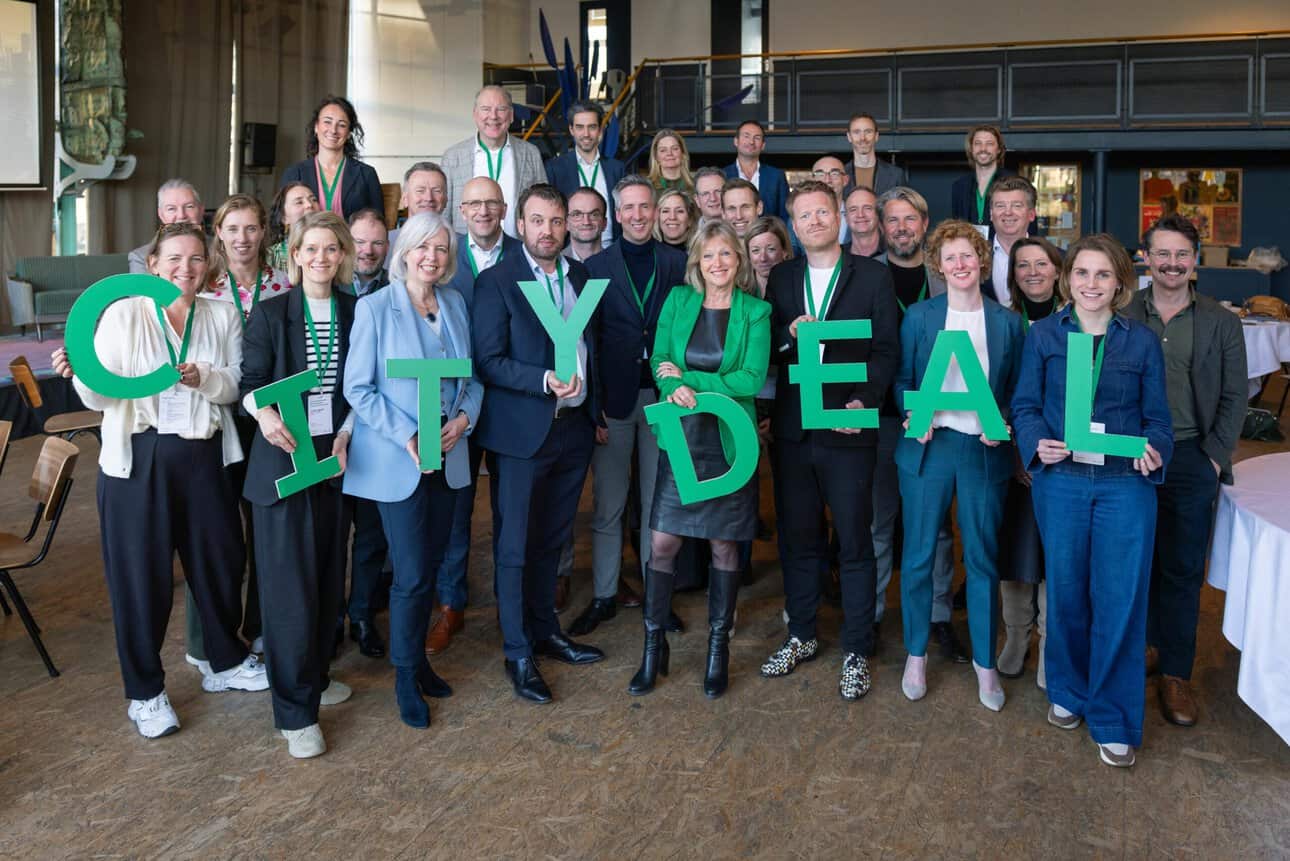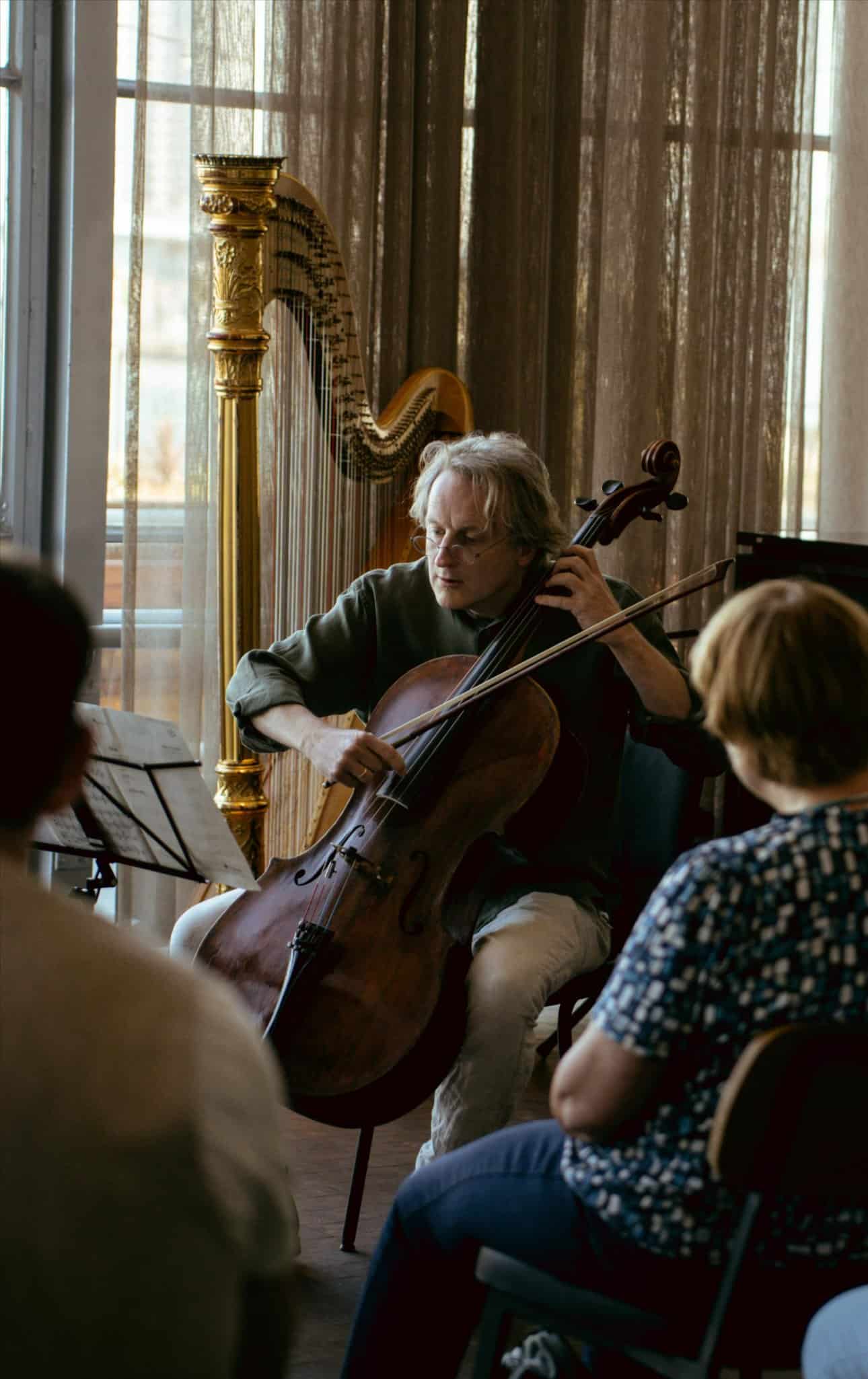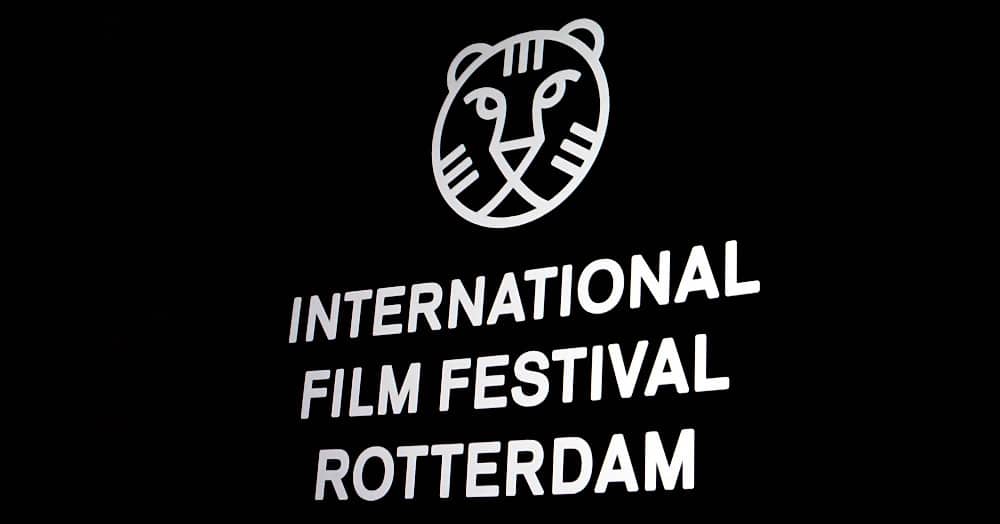ROTTERDAM, 2 May 2025 – A growing number of Rotterdam-based entrepreneurs are driving the city’s digital economy, which now accounts for over 35% of its added economic value. Despite their online presence and international reach, these businesses often remain invisible to the public. In response, the municipality has launched the first edition of the Month of the Digital Economy (Maand van de Digitale Economie) to highlight their contribution.
Rotterdam launches ‘month of the digital economy’
The city of Rotterdam has formally introduced the Month of the Digital Economy, aiming to raise awareness and appreciation for businesses operating within the digital sector. According to alderman for economy Robert Simons, the initiative is intended to spotlight both established leaders and new pioneers.
“The digital economy in Rotterdam is growing rapidly – and we ought to recognise that,” said Simons. “In May, we will focus attention on our digital entrepreneurs, including through a podcast series where they share their experiences.”
Strong annual growth and international orientation
The digital economy in Rotterdam has experienced continuous growth. Local SMEs have increasingly adopted advanced technologies such as artificial intelligence, quantum computing, and immersive platforms including VR and AR. Rotterdam's robust ICT infrastructure and service providers have enabled companies to maintain competitive positions in global markets.
 Podcast series launched for digital economy month
Podcast series launched for digital economy month
Digital economy spans all sectors
Rotterdam is home to over 5,000 ICT companies, ranging from small firms offering IT support to major cloud hosting and data centre services. These businesses form the foundation upon which other sectors digitise and innovate.
In addition, the city hosts sectors built entirely on digital models, such as creative digital agencies, which together employ more than 1,500 people. These agencies will open their doors to the public during Agency at Night on Friday 16 May, offering visitors a look at work created for international clients. Leading up to the event, the Creative Talent Night Award will take place on Monday 12 May to spotlight emerging talent.
Notable events highlight digital presence
On 27 and 28 May, Dutch gaming companies will gather in the World Trade Center for the Indigo Showcase, a national gaming industry event. Rotterdam, already home to well-known game development studios, aims to use this event to reinforce its status in the creative tech sector.
Additionally, the international video platform Twitch will return to Rotterdam Ahoy on 31 May and 1 June for the second edition of TwitchCon. The event is expected to attract over 10,000 international streamers and creators.
Digital transformation extends into local communities
Digital entrepreneurship is also being promoted at the neighbourhood level. In Beverwaard, the local initiative LikeJeWijk will begin a pilot project exploring how digital platforms can support small businesses in their own districts.
Collaborative support from city and partners
The municipality of Rotterdam is working with partners such as VNO-NCW’s New Economy working group, MKB Rotterdam Rijnmond’s Digital committee, and Digiwerkplaats Rotterdam. Together, they support entrepreneurs through knowledge exchange, educational events, and cooperation with institutions including Erasmus University, colleges and vocational schools.
A regularly updated event calendar and resource overview is available via Ondernemen010.nl.
Podcast series features voices from the sector
Three episodes of a dedicated podcast have been recorded to mark the Month of the Digital Economy. Guests included Charlotte Koeleman (Somention), Ludo Baauw (Intermax), Jan Verwoerd (360Fabriek), Jeroen Westerbeek (MondayMerch), Gijs den Butter (Senseglove), and Fabian van den Berg (VSTEP Simulation). Topics ranged from social influencing and virtual reality production to the development of maritime simulation software used worldwide.


